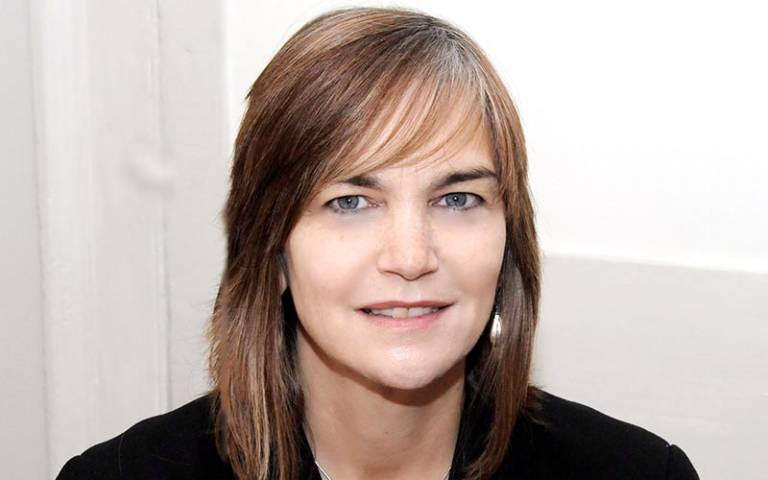Research by Professor Cheryl Thomas cited by Government in assessing social media’s impact on trials
5 March 2019
Research carried out by Professor Cheryl Thomas has been relied on by the Government in assessing the impact of social media on criminal trials.

The Attorney General’s Office has today issued its response to the government consultation on whether social media is harming the criminal justice system, highlighting the research on jurors and social media conducted by Professor Cheryl Thomas QC, Professor of Judicial Studies at UCL Laws.
Following a 2015 murder trial (R v F&D) in which the jury had to be discharged due to prejudicial comments on social media about the case, the Attorney General issued the consultation to examine whether the legal process was at risk due to social media, and whether people working in the criminal justice system have the tools they need to manage that risk.
In its response, the government cites Professor Thomas’s research with real juries at court about their awareness of the rules around social media use, and cites the new educational tool, “Your Legal Responsibilities as a Juror” designed and tested with real juries by Professor Thomas. This new notice, now in use in all jury trials in England and Wales, has resulted in almost 100% understanding by jurors, including in relation to prohibitions on use of social media, researching the defendant, and discussing the case with family and friends. This led the AG to conclude that: "whilst posts on social media can cause considerable problems at many levels, it may now be less likely than first thought that jurors would actually see the posts." (para 2.6)
A key recommendation in the Government response is for better public legal education, which is based on Professor Thomas’s research: "As the evidence from Professor Cheryl Thomas demonstrated, timely and comprehensible legal education for jurors can reduce the risks of prejudice to the criminal justice system. It is likely that providing a similar level of legal education to social media users and those in the criminal justice system will also reduce the risks of social media impacting criminal trials. This is particularly important in light of evidence received which suggests that many social media users are not seeking to maliciously interfere with a trial, but simply do not appreciate the full consequences of their actions." (para 3.4)
 Close
Close

